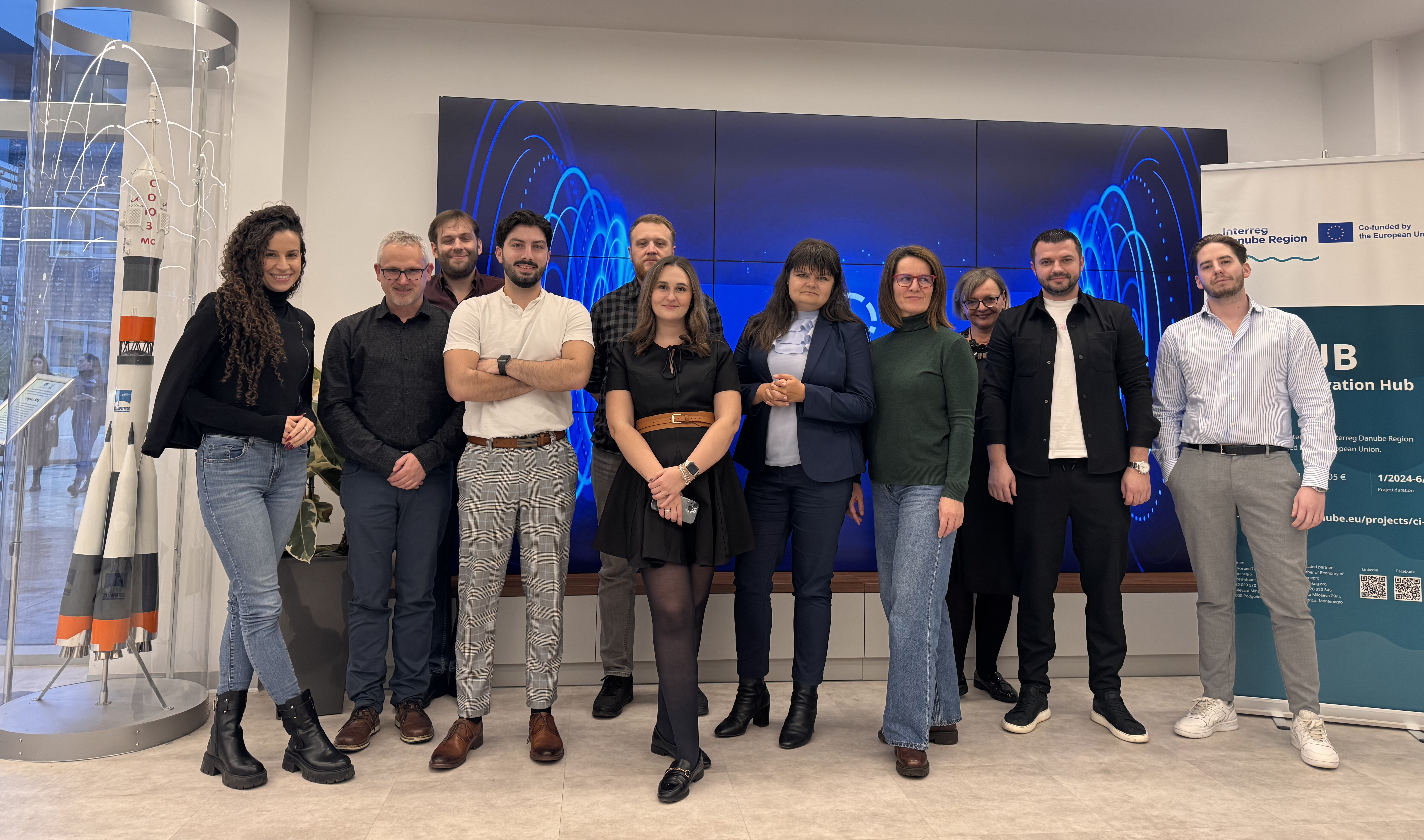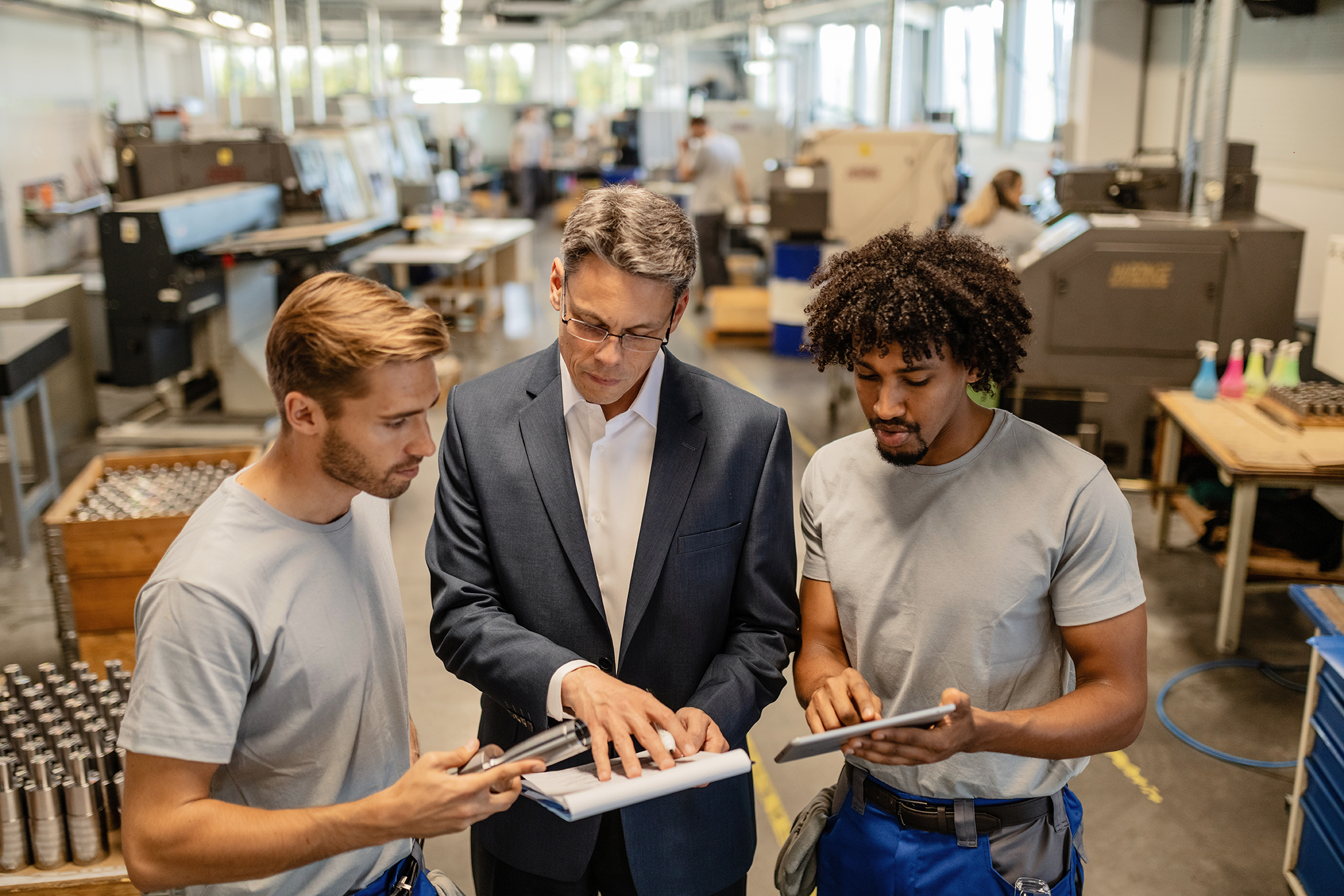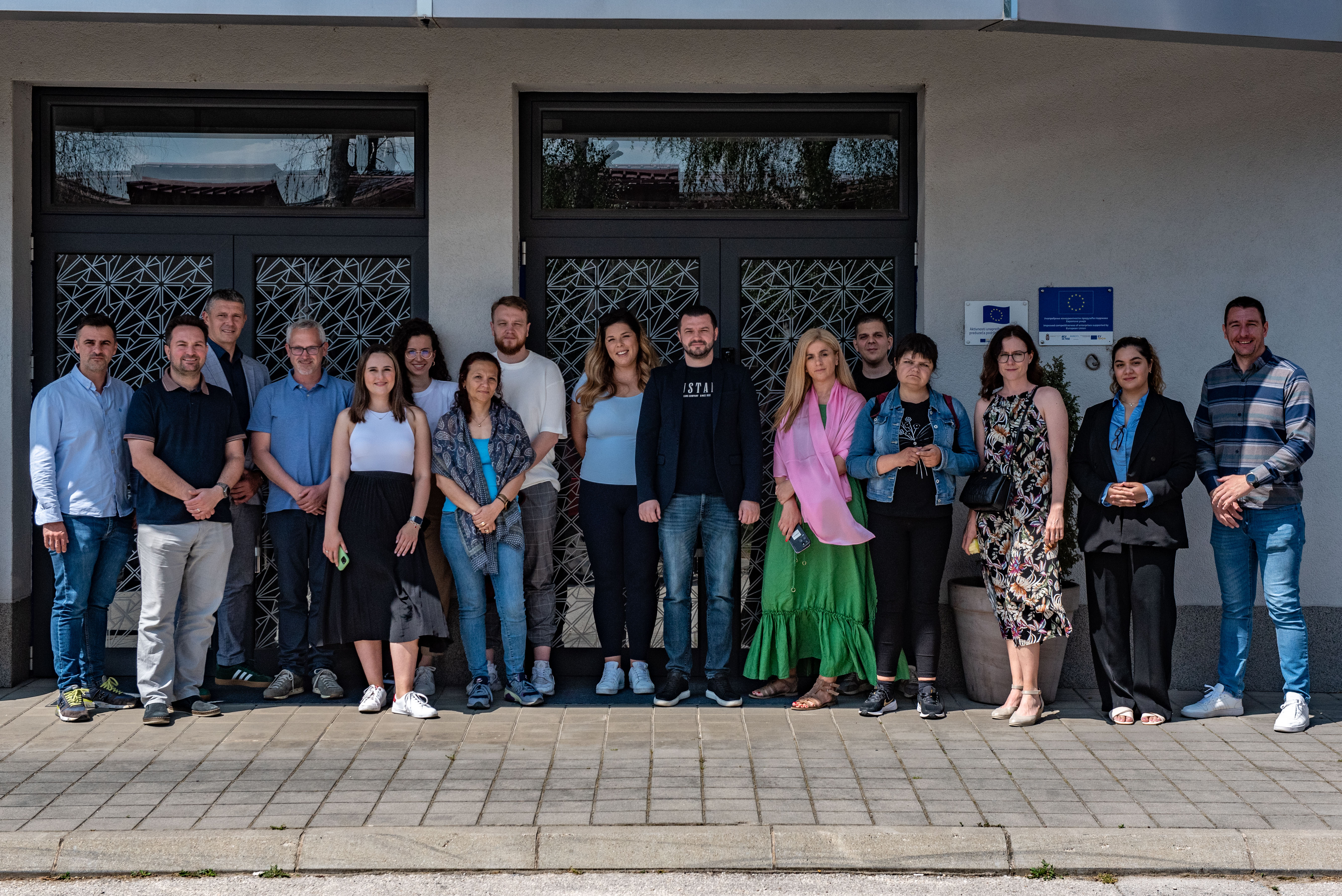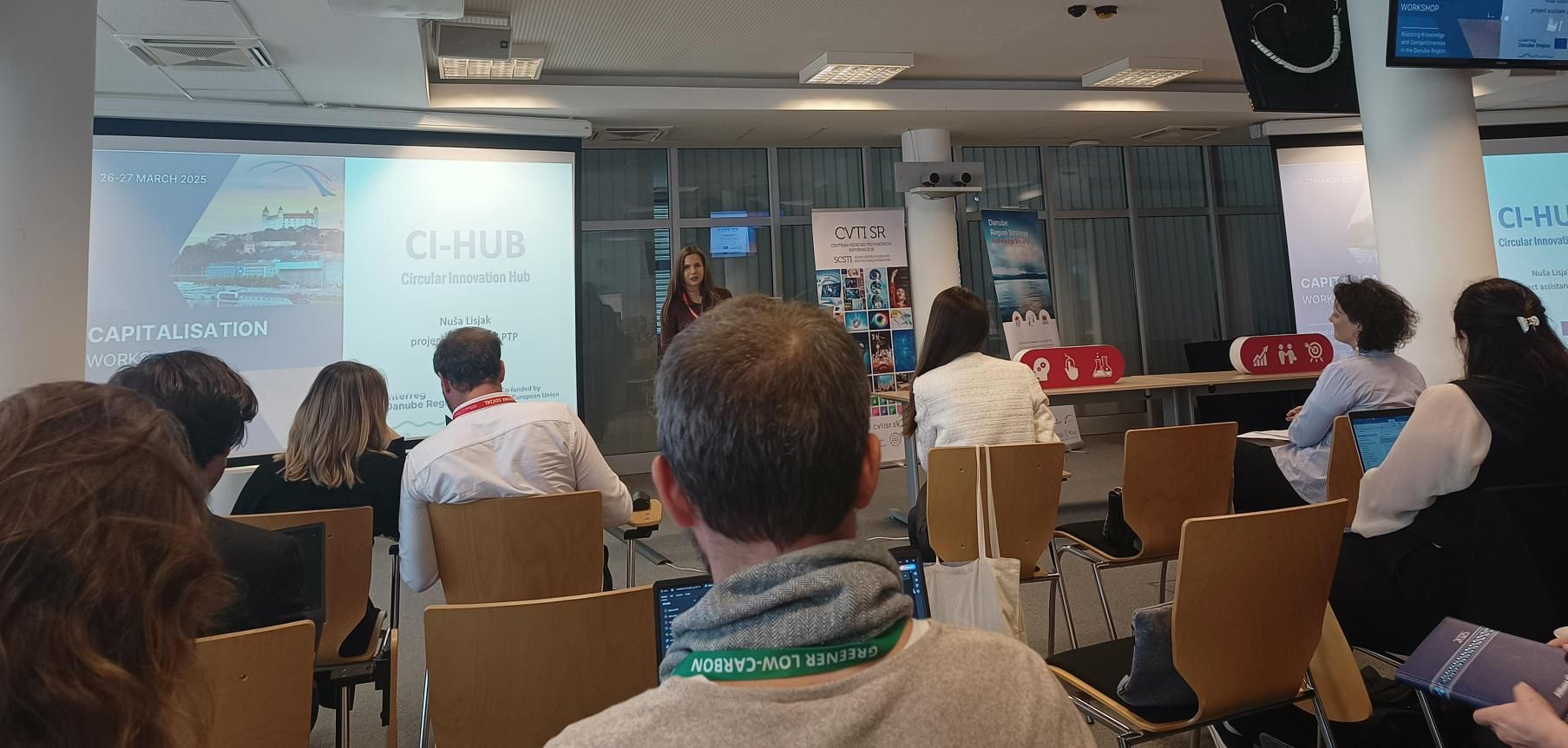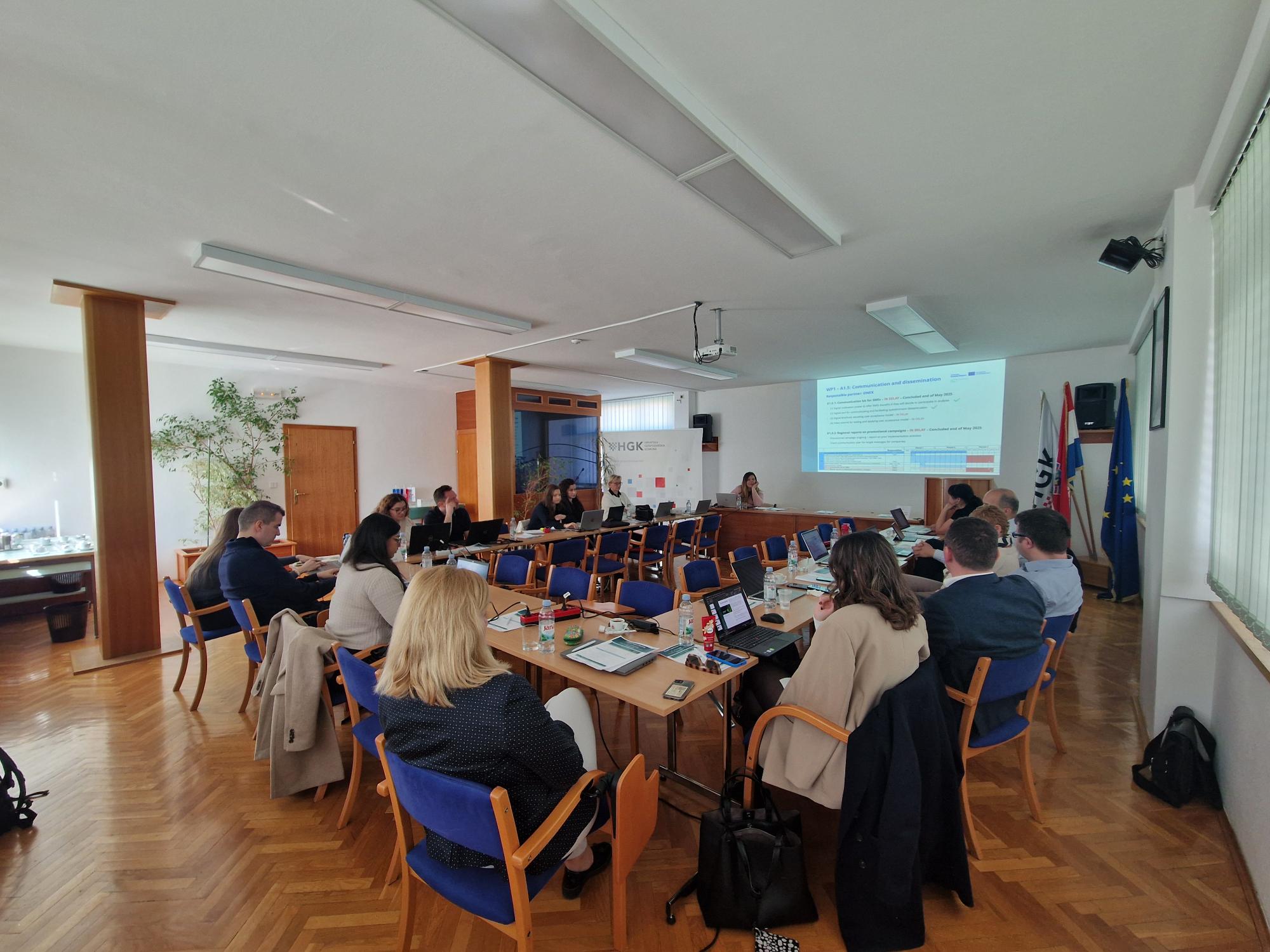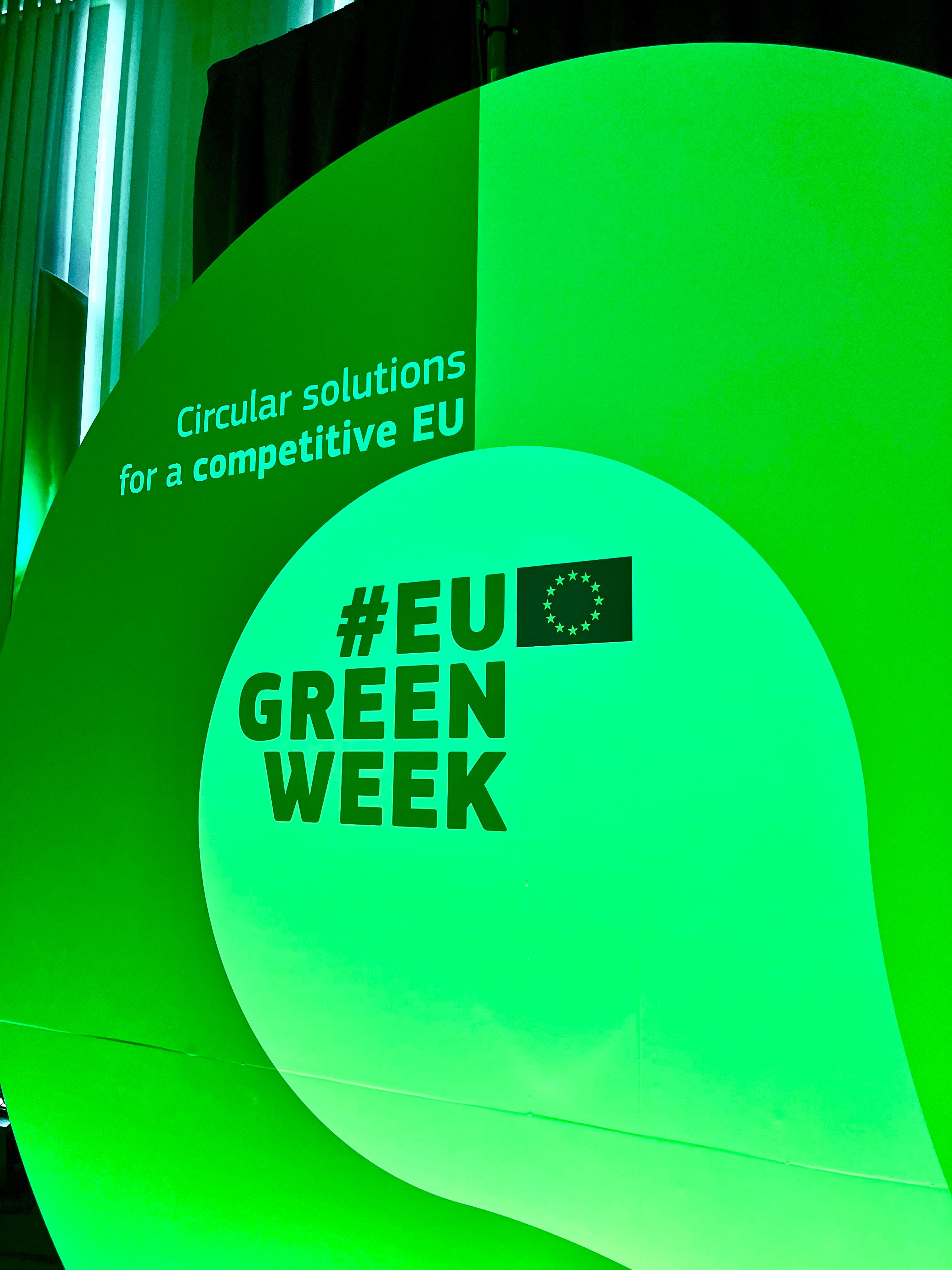
Green Competitiveness: Driving Regional Innovation Through Interreg
In today’s Europe, competitiveness is no longer just about growth – it’s about how we grow. Across cities, towns, and rural areas, regions are proving that economic development and environmental responsibility can go hand in hand. Through Interreg programmes, the shift toward greener, more circular economies is becoming a reality on the ground.
From industrial zones to coastal communities, Interreg projects help regions embrace cleaner technologies, create new business models, and foster ecosystems where sustainability and innovation reinforce each other.
Supporting regions and SMEs in the green transition
In the Danube region, the CI-HUB project helps less developed industrial areas build local innovation capacity through open hubs focused on circular manufacturing and green tech.
Cross-border, Inno.Circle (Italy–Austria) empowers SMEs to adopt circular practices with hands-on coaching, peer exchange and tailored tools.
Open Circular (Italy–France) brings stakeholders together in living labs to co-create sustainable business models, while STAND Up! (NEXT MED) supports young entrepreneurs across the Mediterranean textile sector in launching circular businesses that reduce waste and create jobs.
Digital tools and local solutions
In the Nordic region, the DIC project is piloting digital product passports to improve traceability and sustainability in textiles, helping companies meet new regulations and market demands.
TransFarm (Central Baltic) introduces aquaponics – a circular farming system – to urban areas in Finland and Estonia, promoting local, low-impact food production.
Meanwhile, X-Lives (Germany–Netherlands) is developing recyclable and bio-based industrial materials, connecting innovation with local value chains.
Sustainability as a competitive advantage
What unites these diverse projects is a shared understanding: being green isn’t a cost, it’s a strategy. Interreg is helping regions translate sustainability into resilience, jobs and long-term economic success – showing that circularity and innovation are key drivers of modern regional competitiveness.
As EU Green Week highlights the importance of aligning competitiveness with sustainability, it’s clear that Europe’s regions are not watching from the sidelines. Through Interreg cooperation, they are actively building a future where economic strength and environmental responsibility go hand in hand.
Read more HERE.
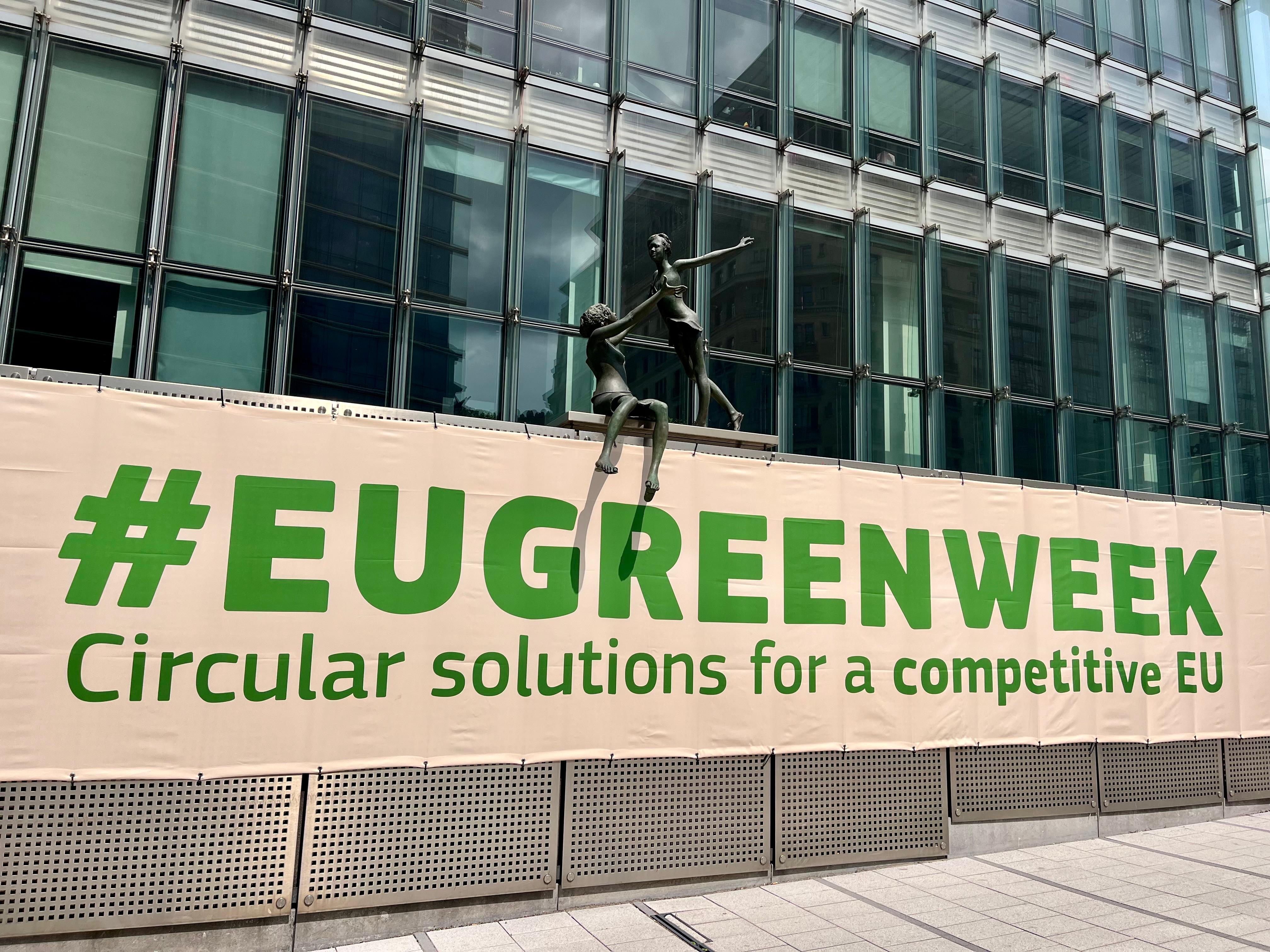
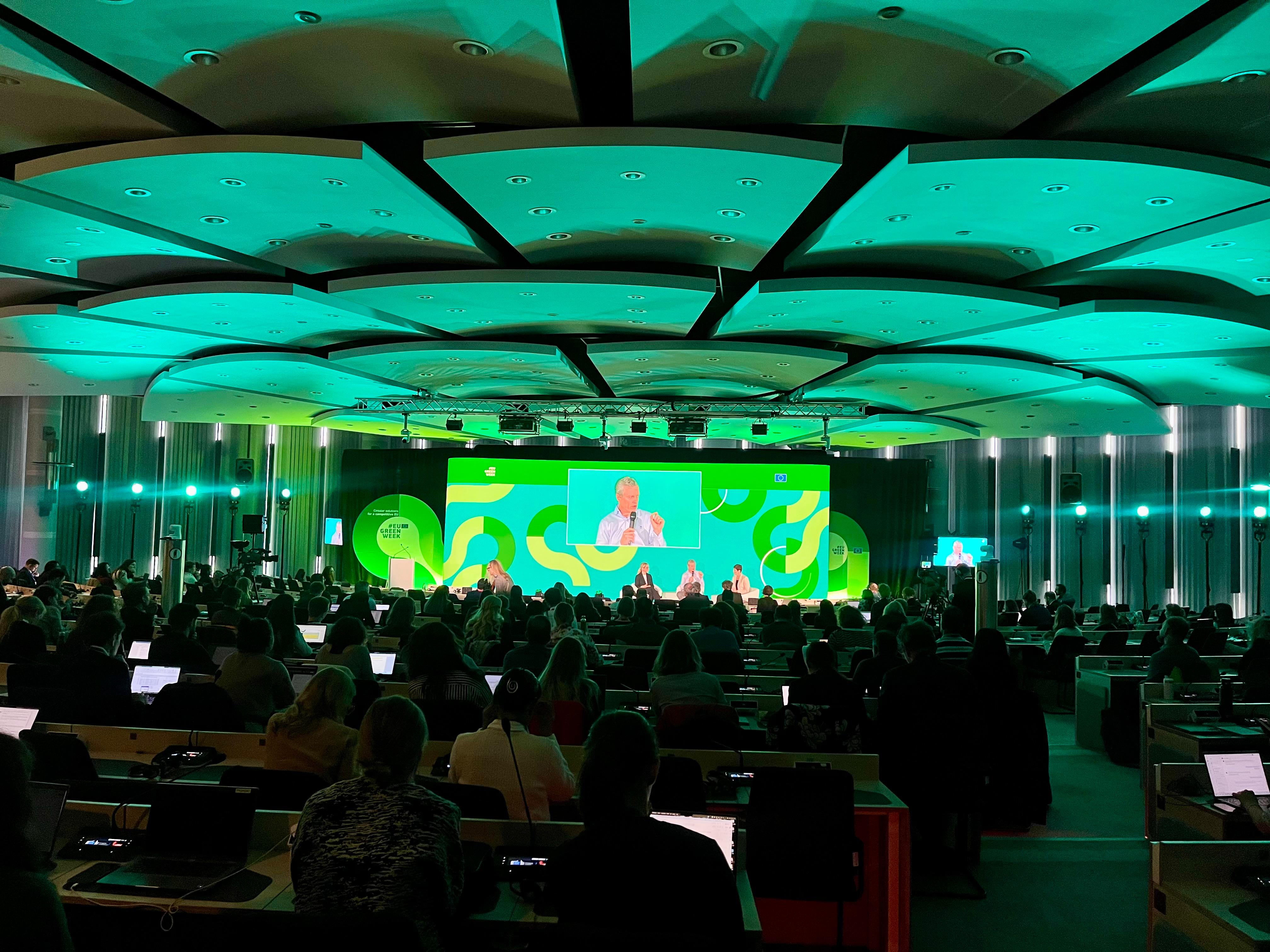
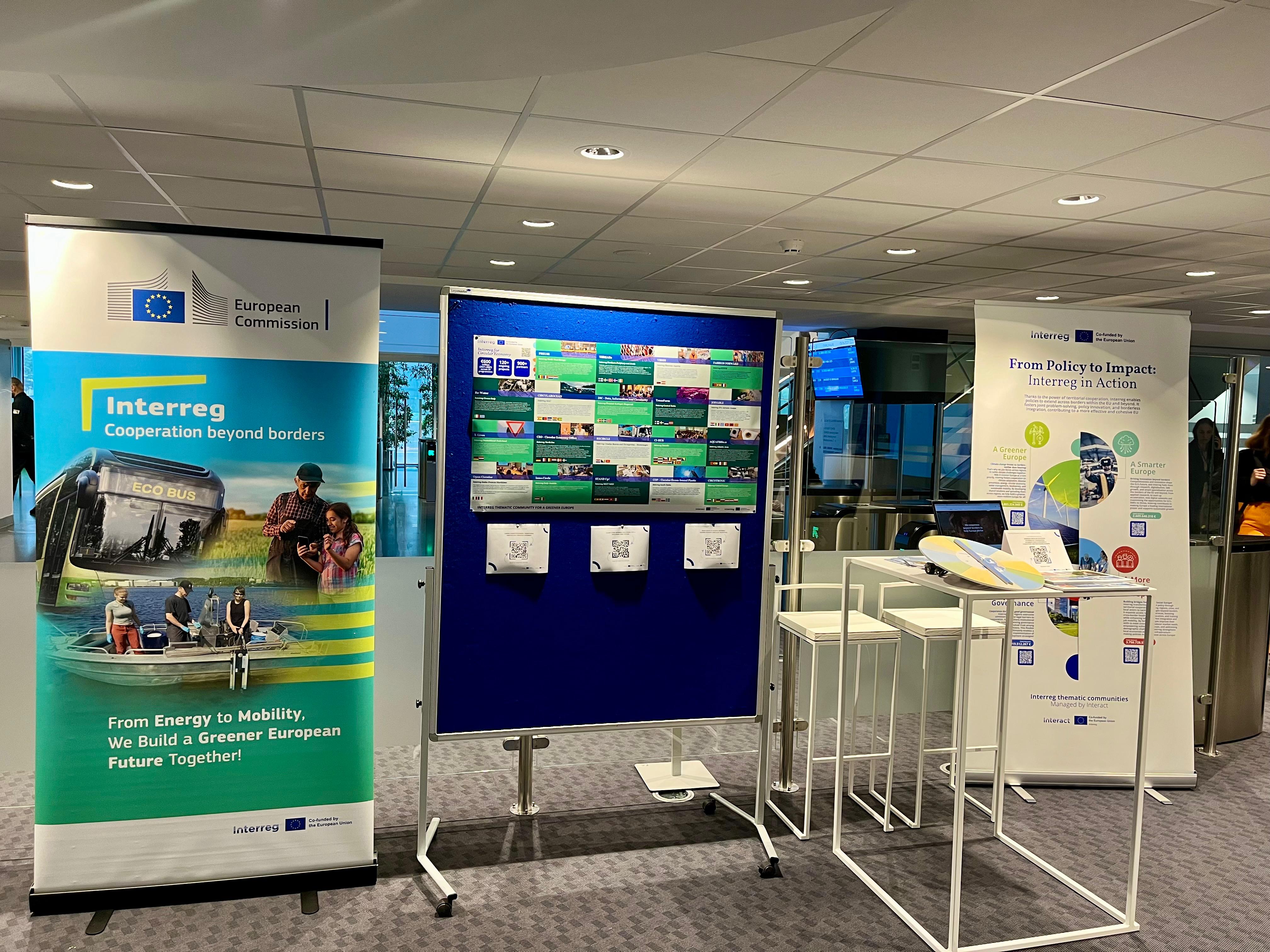
News & Events
Read the most recent updates and explore the upcoming events.

